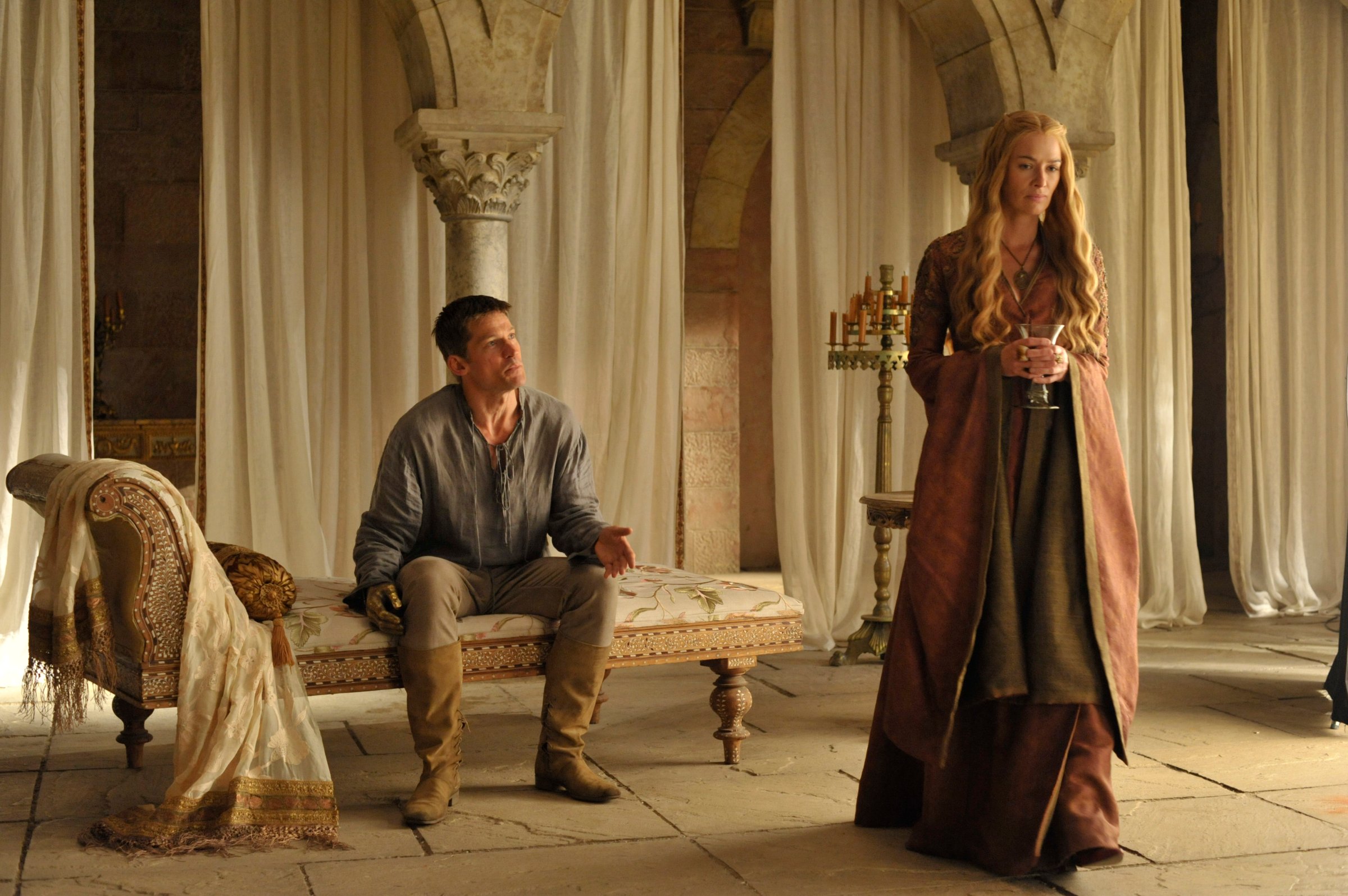
In “Game of Thrones,” heroes die wretched deaths, good is often unrewarded, and evil grins in gleeful triumph. Repeatedly, the series, set in mythical but recognizably medieval times, proves very modern.
Medieval theology saw life as a contest between good and evil. Sometimes the evil forces were exemplified in Satan, or in a particular hated enemy who embodied Satan. Religious antagonists threw accusations of satanic enthrallment at one another. Catholics and Protestants regularly claimed the ruler of the other side was the anti-Christ. The founder of Protestantism, Martin Luther, whose 95 theses will have their 500th anniversary in 2017, was uniquely skilled in such polemics. For people in medieval time, power was not the arbiter of what is good – that was the province of God. And evil arose not from misguided ideas or self-interest gone awry, but from the dark powers arrayed against God.
But this world of good and evil began to fall at the outset of modernity, as religion receded, and force took center stage. Napoleon conquered, and Friedrich Nietzsche rhapsodized about a godless world. In God’s place came power, the ultimate arbiter of what was right. Winners write the history books and determine the morals. “Game of Thrones” adopts this idea: Ned Stark may have been good, but he was not powerful enough.
Yet goodness is not so easily exiled. The Western world in the 21st century thinks about power as a combination of these two ideas. On the one hand, political theorists speak of realpolitik. No one believes that international relations are guided by goodness. Statesmen including Charles Maurice de Talleyrand-Périgord, Thomas Cromwell, Otto von Bismarck, and Niccolò Machiavelli paid obeisance to the church but were not carried away by its doctrines.
On the other hand, goodness sneaks back into our discourse. Inside of us lurks the suspicion that ultimate goodness will win, not only because of rhetorical power, but for mystical, religious, or superstitious reasons. We cannot give up on right and wrong.
“Game of Thrones” is shocking because repeatedly good people die, and bad people appear to succeed. Even the magical forces seem essentially amoral. What makes “Game of Thrones” so modern is that it is not a morality play. We are not waiting for the demise of all evil and the sweep into righteousness – it lacks the piety of the Lord of the Rings trilogy or of the Narnia chronicles. People are exploited and tossed aside. Battles that should be won are lost. Characters who should triumph have their heads cut off.
Yet amidst the Nietzschean realities of Westeros, participants still speak in moral terms. Outbreaks of evil still shock the participants themselves – as we can see in people’s disgust with Joffrey as king.
So when, as at the end of last season, a consummate insider and maneuverer like the eunuch Lord Varys saves Tyrion by spiriting him away in a crate, we witness political savvy in service of goodness. He is a Nietzschean player – he made it very clear to Ned Stark that he would die in the first season, and lamented Stark’s stubborn uprightness. Yet goodness cannot be so easily banished, not even from a mythical kingdom where power is the ultimate arbiter of right.
Some American leaders are prepared to use the rhetoric of good and evil. Many others are more reticent, preferring to talk about military parity and international interests. But even in kingdoms of the imagination, where power is seemingly all that matters, we cannot banish the might of morals. The language may come less easily to us than our predecessors, but we still live in a world in which righteousness prevails, if only in God’s good time.
More Must-Reads From TIME
- The 100 Most Influential People of 2024
- Coco Gauff Is Playing for Herself Now
- Scenes From Pro-Palestinian Encampments Across U.S. Universities
- 6 Compliments That Land Every Time
- If You're Dating Right Now , You're Brave: Column
- The AI That Could Heal a Divided Internet
- Fallout Is a Brilliant Model for the Future of Video Game Adaptations
- Want Weekly Recs on What to Watch, Read, and More? Sign Up for Worth Your Time
Contact us at letters@time.com